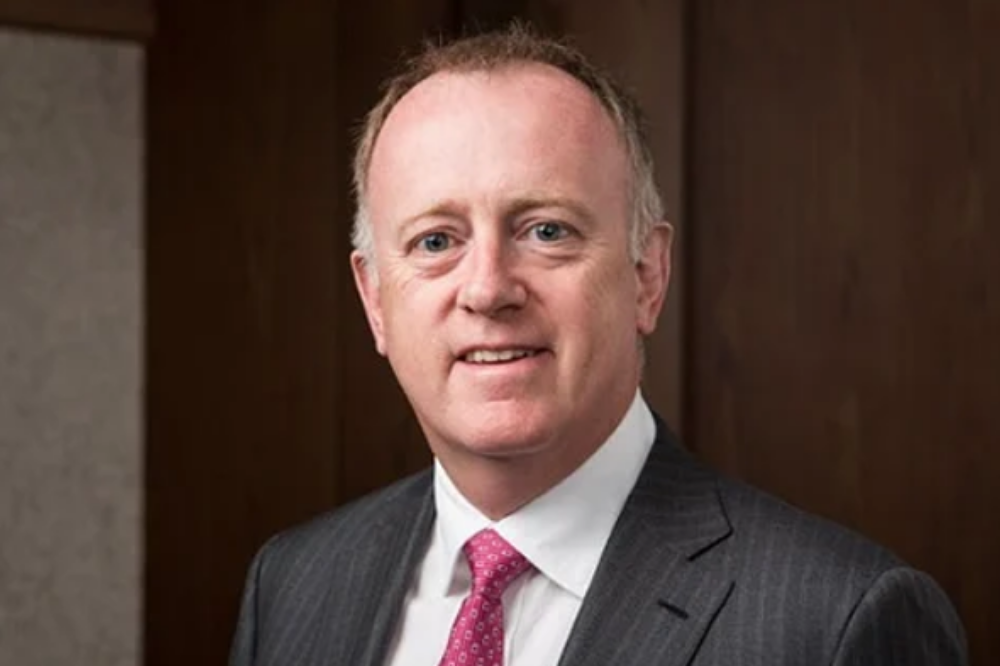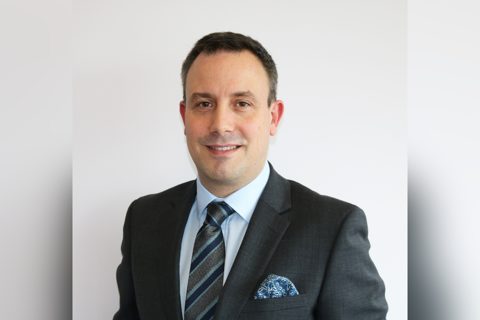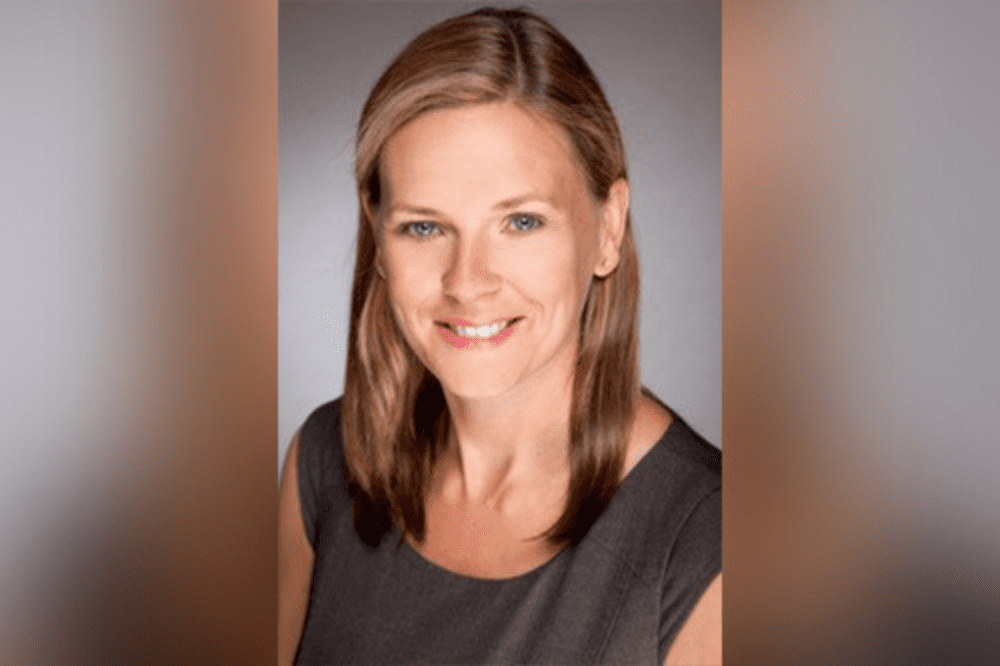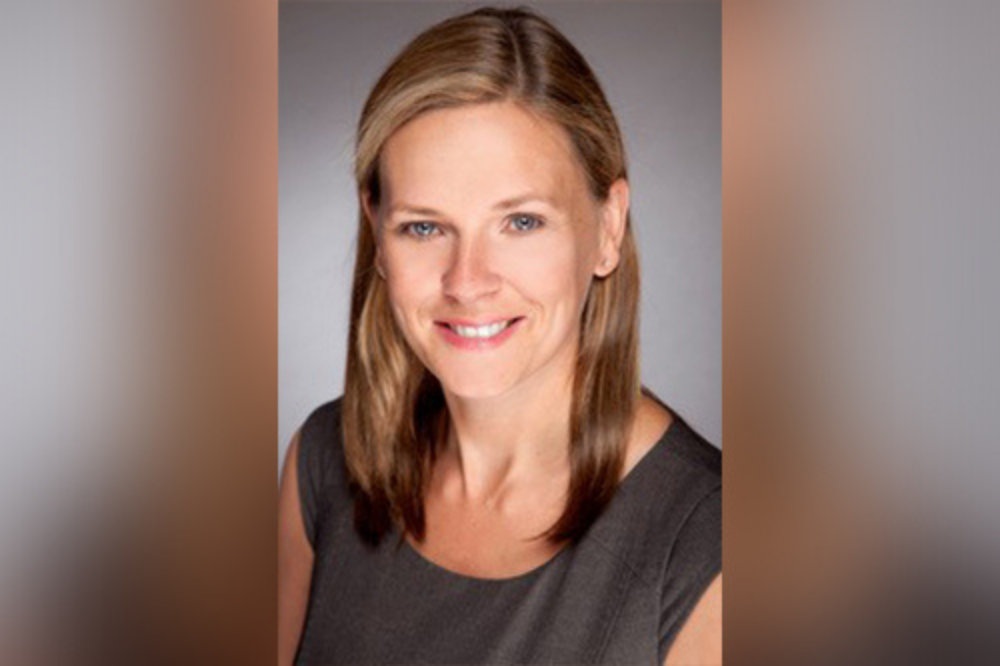

It has been four years in the making, he said, and there’s little secret to the energy and effort Lloyd’s has invested into ongoing performance management. The number that stands out for the marketplace is the underwriting profit it has posted – which is not to mention the great work done on the investment side of the firm. In terms of its day job, Neal said, Lloyd’s believes it has found its mark aDFgain and is now performing at the level everyone should expect it to – with a profit of £2.3 billion before tax and a combined ratio of 93.5%.
“I think the message which I hope is coming through loud and clear is that what we’ve wanted to do is position the P&L and the balance sheet sustainably for the medium term,” he said. “So all of the effort that has gone in terms of performance management… and into the balance sheet is not once done. It is effort we will keep going to ensure the levels of performance you’re seeing today can be repeated.”
With this strong foundation bolstering its future priorities, Neal outlined the four key pillars underpinning Lloyd’s strategic framework in 2022 – performance, digitalisation, purpose and culture.
Performance is not once and done, he said, it is Lloyd’s number one priority. And it has to remain its number one priority because, for the market to be sustainable, it needs to be profitable for the customer to be able to get to the products and services they want, and for the capital to be attracted to the market.
“I make no apology for that,” he said, “because it’s the way in which we need to run the platform. You’ve heard Patrick [Tiernan, chief of markets] talk about that consistently… and there’ll always be more work to do. So, this year, we clearly need to understand inflation and clearly need to price against it.”
The market is seeing heightened frequency and severity of catastrophe losses, he said, and there’s no doubt about climate change, so Lloyd’s is going to have to get better in its understanding of catastrophe loss. Lloyd’s also has a critical focus around price adequacy and understanding the pricing of risk – so, performance is very much at the forefront of its mind.
“[On digitalisation], it’s worth reminding ourselves that the infrastructure that underpins the London market, both Lloyd’s and the company, is a mainframe computer system… It’s a very big room with a lot of old-fashioned servers running around in it. It’s not resilient, it’s not fit for purpose, it’s not the type of infrastructure you’d want in a modern world.
“So, in digitising the market, we are going from mainframe to cloud-based, it’s a very significant shift in what we’re doing. [… The Blueprint Two Interactive Guide] and roadmap was us putting ourselves out there and saying, ‘these are the 26 key milestones that we will and must execute against for 2022 and 2023.”
Purpose is the third layer of Lloyd’s strategic framework. For Neal, while the first two layers question whether the market can perform and implement a framework that creates a modern business and addresses the cost of doing business, the third begs the question, ‘can you show some leadership?’
Neal believes Lloyd’s has the responsibility of being the marketplace that discusses the subjects that really matter – such as sustainability, climate and inclusion. Lloyd’s should want to have a leadership position in each of those discussions, he said.
“Dare I say it, I think there are certain points in time when insurance really matters,” he noted. “And there are huge swathes of time where you feel like you’re waving your arms at the back of the room, behind the queue of bankers and investment bankers and anybody else. [But] I think people truly understand risk.
“We’ve come through a financial crisis, we’ve come through a pandemic, people recognise the complications of climate change – and they’ve now got the horrors of war, playing out on their TV screens. So, for the first time, I think risk is properly understood, systemic exposure is understood [and] insurance is being discussed at the board table. And therefore, what we do can make a difference to businesses and communities.”
This is an opportunity for the insurance market to lean in, he said, and to put the right products and services in front of the customer. At the same time, he noted that Lloyd’s has pivoted this year to look at the medium and longer-term implications of war, which he believes is the right effort to consider (in the medium term) what the enduring impacts of Russia’s invasion of Ukraine will look like.
Read more: Lloyd’s of London takes action on senior underwriter
Last but certainly not least, on the culture front, Neal noted that if Lloyd’s doesn’t get the cultural piece right, it simply won’t execute against everything else. The numbers are quite startling, he said. The marketplace will hire 20,000 people in the next three years, in and around Lloyd’s, half of which will be under 30. If Lloyd’s doesn’t get its cultural fabric and its intentions around inclusion right – and if it doesn’t represent the best of society – it will not get the right talent and it will not succeed as a marketplace.
“It’s absolutely critical that we think very differently about culture and talent in 2022 and beyond,” he said. “Yes, we put in place targets around leadership balance between women and men. Yes, we’ve thought about hiring targets for colleagues from black and minority ethnic backgrounds. But for me, we’ve got to move beyond the D into the I, and into a really deep conversation around inclusion and talent. So we don’t underestimate the importance of culture when it sits [parallel to] performance, digitalisation and purpose.”


















